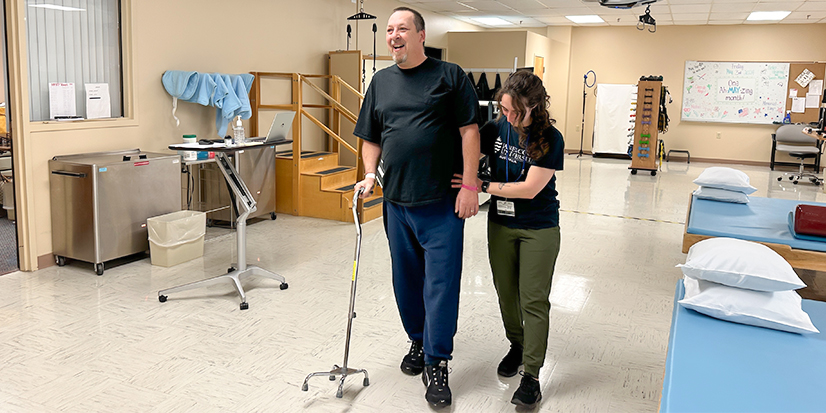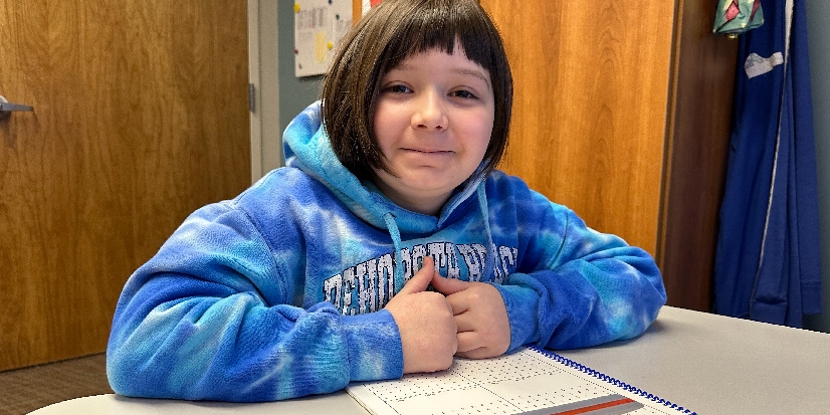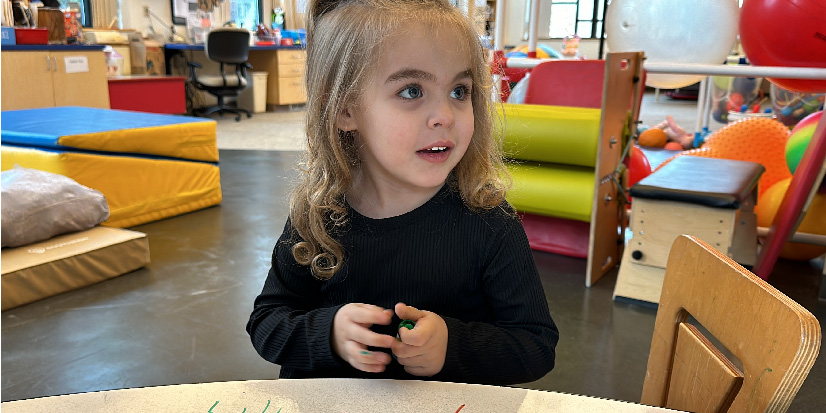Life after Stroke: Shirley’s Story
- Author: Shirley V
- Date Submitted: May 22, 2024
- Category: Stroke

Recalling the moments of March 2022, Shirley V. of Scott Township took us back to the day a nap changed her whole world.
“I had been out earlier in the morning to get my hair done. Everything felt fine. I drove all by myself and came home. Nothing seemed out of the ordinary,” noted Shirley. “When I got home, I was incredibly tired, but I had been up early, so I told my husband I was just going to take a little nap on the couch. A little while later, I had to get up - and I just couldn’t!”
When Shirley yelled for her husband - he couldn’t get her up, so they called their granddaughter for help. Together, they couldn’t lift Shirley either, so they called the ambulance.
“I couldn’t believe it. I just couldn’t move,” recalled Shirley.
Stroke Diagnosis
At the hospital in Scranton, it was discovered that Shirley had suffered an ischemic stroke, a type of stroke caused by a blockage that prevents blood from reaching parts of the brain. Without quick intervention, an ischemic stroke can lead to permanent brain damage or death. To be treated effectively, Shirley would need to be seen by a surgeon in Wilkes-Barre as soon as possible. Shirley was flown by helicopter to Wilkes-Barre, where they operated and evacuated the clot immediately.
After a few days in the acute care hospital, Shirley was transferred to Allied Services Rehab Hospital in Scranton, where she stayed for nearly four weeks. Her left side was compromised, and it was the beginning of a long road to recovery.
Shirley's inpatient occupational therapist, Carol Weisenflu, OTR/L, recalls her initial condition: “She had significant left-sided weakness in both her arm and leg, visual perceptual issues, and unilateral left neglect. On admission, she had little grasp in her left hand, limited range of motion in her left arm, and needed assistance for transfers and dressing.”
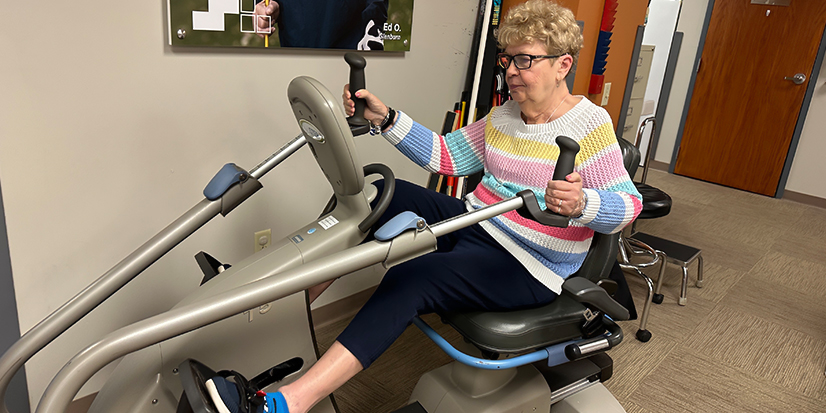
Making Progress in Stroke Recovery
Through intensive therapy, Shirley made remarkable progress. By discharge, she was using a walker, the grasp in her left hand had greatly improved, and she required minimal assistance for tasks. In the practice kitchen, she was able to make herself a cup of coffee and hand wash some dishes.
After a few home health visits, Shirley began outpatient therapy at Allied Services Luger Scranton campus in May 2022. Her outpatient physical therapist, Stacey Williams, PT, DPT, noted that along the way, Shirley faced another setback due to medical complications that led to hospitalization.
“Shirley returned to therapy in May 2023, this time nearing completion of her therapy - she was ambulating without a device and was even back to playing the piano during mass at her church,” commented Stacey.
Unfortunately, Shirley suffered a fall that winter and broke her arm. Once healed, Shirley resumed physical and occupational therapy again in February 2024.
Shirley, a retired music teacher from Lakeland High School, shares her experience to highlight the dangers of high blood pressure and stroke. “I had no history of blood clots but had issues with blood pressure. Now, I’m on blood thinners and still working on correcting some residual vision issues with a prism filter in my glasses.”
High blood pressure can lead to stroke by causing blood clots in the brain, damaging tiny blood vessels deep inside the brain, and increasing the likelihood of a stroke due to bleeding in the brain. Strokes are the second leading cause of death worldwide and the fifth in the United States, making them one of the leading causes of disability. Ischemic strokes account for about 85% of all strokes.
Shirley's story is a powerful reminder of the importance of managing blood pressure and recognizing the symptoms of stroke early. Her journey through recovery exemplifies resilience and the critical role of timely medical intervention and rehabilitation.
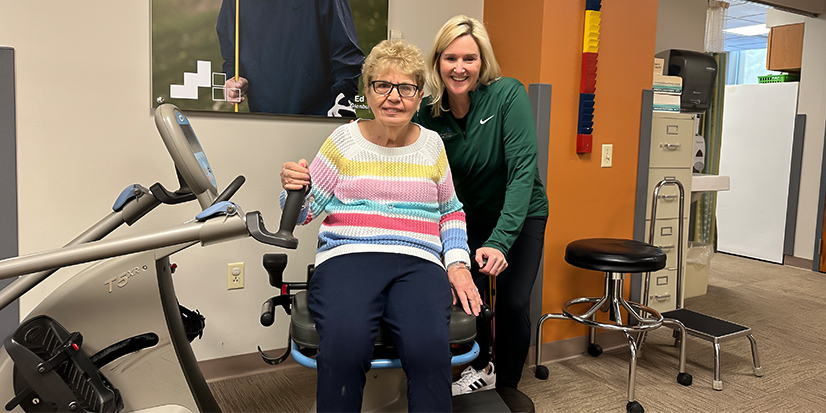
Stroke Recovery at Allied Services
Inpatient stroke rehabilitation is, for many stroke patients, the first step in their recovery. Learn more about this specialized care here or by calling 570-348-1359 (Scranton) or 570.826.3800 (Wilkes-Barre).
Outpatient stroke rehabilitation is available at Allied Services locations in your community, helping you relearn skills you lost when a stroke affected part of your brain. Learn more here or by calling 570.348.1360 or 570.826.3900.
